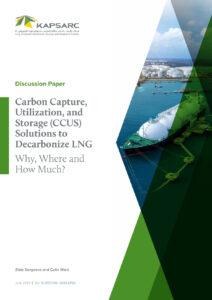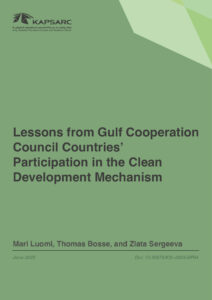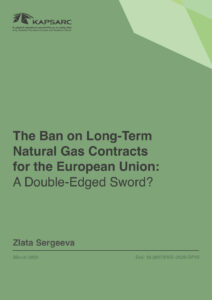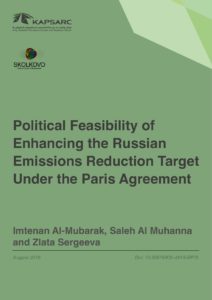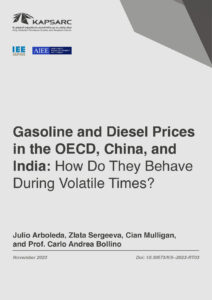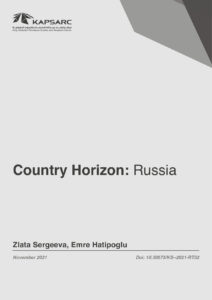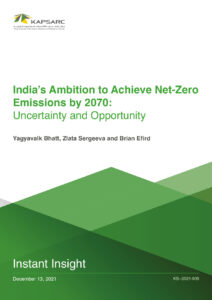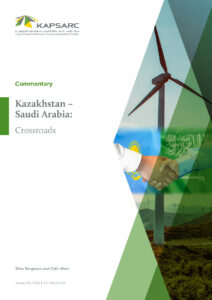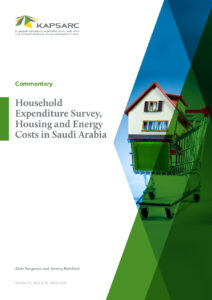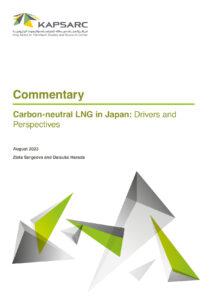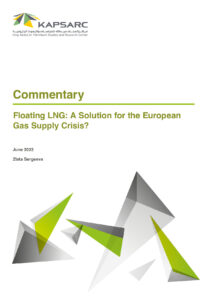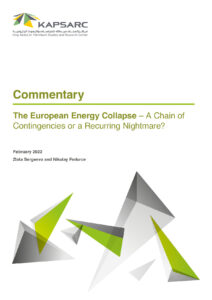Zlata leads “The Future of Hydrocarbons in a Carbon-Managed World” project, aimed at estimating the consequences of international carbon regulation for hydrocarbon markets, with producers starting to offer carbon-neutral LNG and carbon-neutral oil cargos.
Previously, Zlata worked in the Energy Center of the Skolkovo Business School, where she researched natural gas and LNG markets and organized the international Energy Summer School for several hundred participants from all over the world.
Later, she joined the Business Strategy Department in NOVATEK, Russia’s leading independent gas producer, where her main focus was on strategic forecasting and international cooperation in LNG, hydrogen and CCUS.
Since 2020, Zlata has also been a member of the Future Energy Leaders Programme of the World Energy Council.

